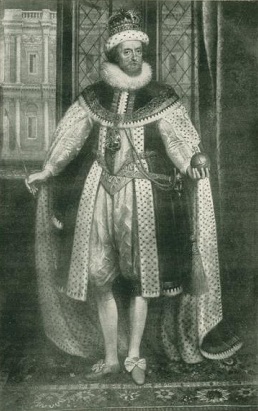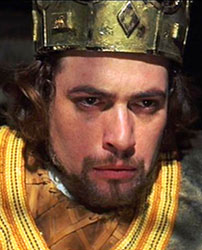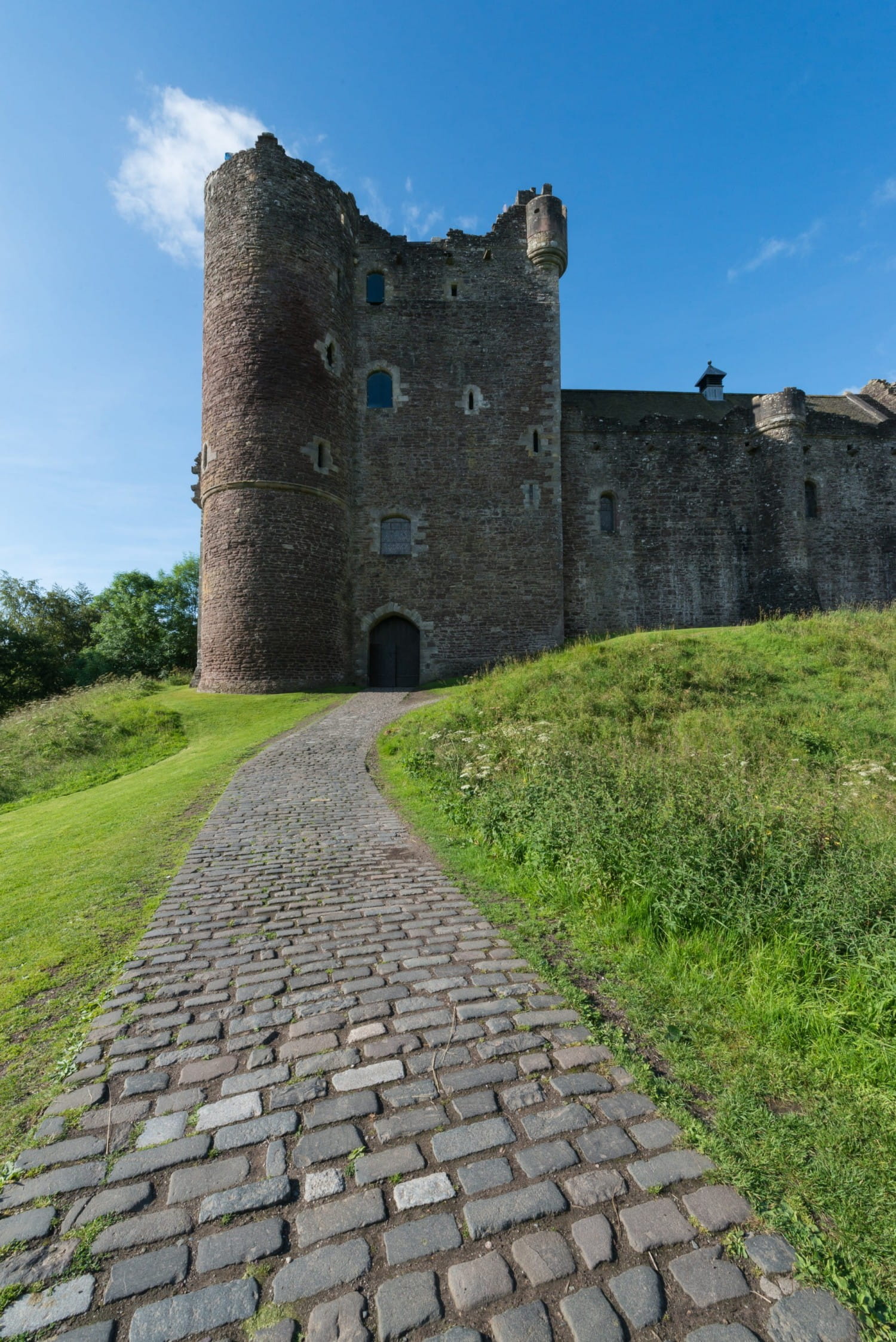

Of the present incumbents and boost national identity. Renewed vigour, the contemporary chroniclers may have been keen to emphasiseĬontinuity in the earlier royal succession in order to reinforce the legitimacy Powerful enough to forge a sense of national identity. Of strong kings (for example Malcolm III, David I and William I) who were
#MACBETH KING OF SCOTLAND SERIES#
For the first time, the kingdom benefited from a series

However, in the lateġ1th century Scotland was emerging from a couple of centuries of politicalĪnarchy, exacerbated by continual rivalries with England and Ireland as well as frequent Viking attacks. Oneself in the mind of the later medieval chronicler. The later chroniclers to add bogus information? It is not easy to place If this hypothesis is correct, what then would have inspired Nevertheless, this phenomenon ofĮxpanded information over time does not inspire confidence in the overall

Known which earlier sources, since disappeared, may have been used in theĬompilation of the later manuscripts. , is named for the first time in the 1251 chronicle. Referred to as Giric or Grime), son of King Kenneth II, whose death is dated to This process of expanded information continues with the ChronicleĪnd the two Chronicles of the Picts and Scots dated 1251 Īll of which include additional details about where the kings died and wereīuried, as well as some further family relationships. In the case of Kings Aedh and Indulf, they are stated to haveīeen, respectively, the brother of King Constantine I and the son of KingĬonstantine II. We see that the information has been expanded to show all the kings as related We read the 11th century Synchronisms of Flann Mainistreach Īnd the 12th century Cronica Regum Scottorum , King Aedh and King Indulf were related to the main family line. Particular, the Cronica de Origine includes no information about how Information about their affiliations and events during their reigns. The earliest available source, the late 10thĬentury Pictish Chronicle Cronica de Origine Antiquorum Pictorum whichĬontains a bare outline of the names of the kings with some incomplete

The limited information available with bogus additions, for reasons which willīe discussed further below. The suspicion is therefore that later chroniclers supplemented Is that each succeeding manuscript contains more detailed information than the The nub of the problem with the available Scottish sources Of the differences in regnal years between the 16 different surviving That dating of the early Scottish kings is reliable only when it can be checkedĪgainst outside sources such as the Anglo-Saxon Chronicle. The major point of difference concerns the regnal years, which means As will be observed when studying thisĭocument, these different primary sources are mutually contradictory in manyĪreas. Which dates from the 1370s, and the later Liber Pluscardensis Īre two other important sources which have been consulted, although the former In more detail in the Introduction to the document IRELAND), and in the 10th toġ4th century Scottish chronicles which were collected by Skene in 1867. The reconstruction is based mainly on information extractedįrom Irish annals, in particular the Annals of Tigernath and Ulster (discussed Which the information contained in the sources appears semi-mythical, has notīeen attempted. Of the Scottish kings from the mid-9th century. The present document attempts to reconstruct the genealogy Reliable information nowĪvailable about the early Scottish kingdom and its kings is therefore limited. In addition, theĮarliest confirmed Scottish royal charter dates from the reign of King Duncan II at the end of the 11th century, in contrast to the comparative wealth of charterĮvidence which has survived for Anglo-Saxon England. Period and references to Scottish affairs in English chronicles are infrequent,Īlthough more information is included in Irish chronicles. This contrasts markedly with the situation in nearly all other EuropeanĬountries during the same period. The early history of Scotland is characterised by theĪbsence of surviving contemporary Scottish sources before the 10th century.


 0 kommentar(er)
0 kommentar(er)
